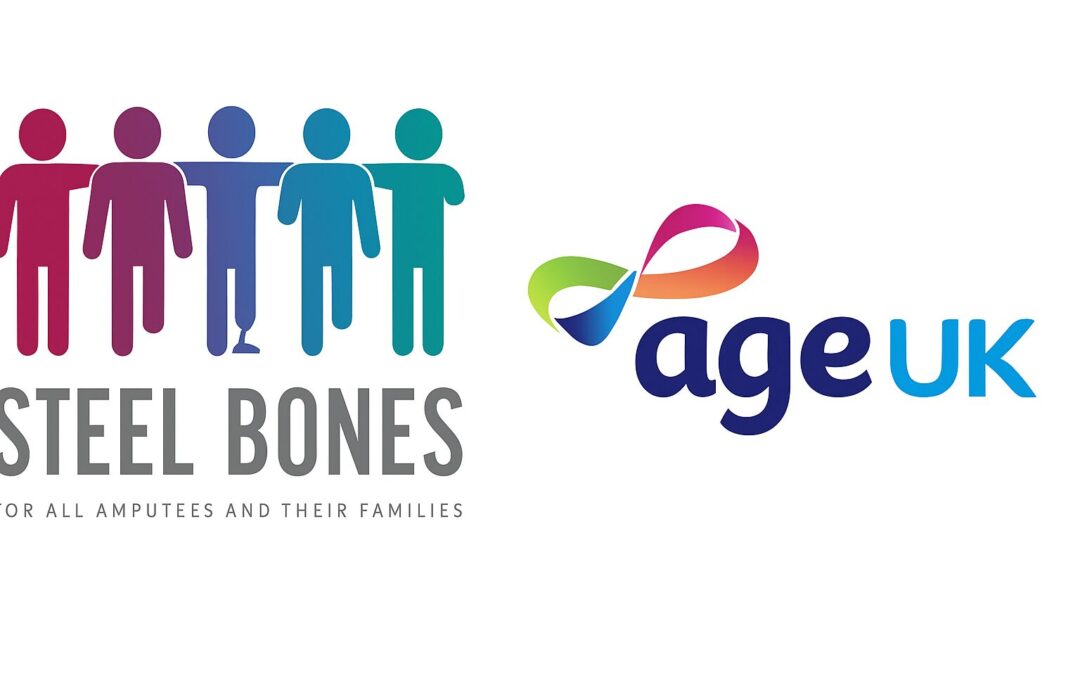Navigating benefits can feel like a full-time job, especially when the system is packed with long forms, tricky questions, and language that doesn’t always match real life. Attendance Allowance — a vital benefit for older people who need help with personal care or staying safe — is one of the most supportive benefits out there, but also one of the most misunderstood.
That’s where Age UK steps in. Across the country, Age UK runs a compassionate, practical service to help older adults make strong Attendance Allowance applications — and honestly, it makes a huge difference.
What Is Attendance Allowance?
Attendance Allowance (AA) is a non-means-tested benefit for people over State Pension Age who need help with personal care or supervision because of illness, disability, or frailty.
It can support someone with:
-
Dressing, bathing, or using the toilet
-
Mobility and balance challenges
-
Memory or cognitive issues
-
Medication routines
-
Falls risk
-
Supervision to stay safe
-
Managing long-term health conditions
You don’t need to have a carer or receive formal care to qualify — you just need to have difficulties that require support.
Where Age UK Comes In
Age UK knows these forms are long, and the whole process can feel overwhelming, especially if someone’s health is changing or their confidence is low. Their service is all about taking that weight off someone’s shoulders.
Here’s what Age UK typically offers:
1. One-to-One Form-Filling Support
Trained advisers sit with people (in person or by phone) and go through the Attendance Allowance form step by step. They make sure the right detail is included — which is crucial because many people under-report their needs.
2. Understanding Daily Living Difficulties
Older people often say things like “Oh, I manage” even when they’re struggling.
Age UK advisers gently help people describe:
-
how long tasks actually take
-
where they need prompting
-
how pain, fatigue, or breathlessness affect daily life
-
what happens on bad days
-
risks such as falls or confusion
This context is exactly what the DWP needs to understand someone’s real level of need.
3. Evidence Gathering
They guide people on what supporting information to include — things like:
-
GP notes
-
physio or hospital letters
-
falls records
-
medication schedules
-
care plans
Not everyone needs extra evidence, but Age UK helps people feel confident about what to submit.
4. Checking and Submitting the Application
Before the form goes off to the DWP, Age UK advisers check the whole application for clarity and accuracy. This reduces the risk of delays or misunderstandings.
5. Ongoing Advice if the Outcome Isn’t Right
Sometimes people aren’t awarded the correct level. Age UK can help:
-
request mandatory reconsideration
-
write supporting statements
-
signpost to specialist benefits advisers for appeals
They don’t leave people hanging.
Why This Service Matters
Attendance Allowance can unlock more than just a weekly payment. A successful claim often leads to:
-
increased entitlement to other benefits
-
access to council support
-
better home-care options
-
blue badge access
-
warm home discounts
-
adaptive equipment funding
For many people, it’s the point where life becomes more manageable — and often safer.
But because the form is daunting and people tend to minimise their needs, thousands miss out every year. Age UK’s service bridges that gap.
How to Access Age UK’s Attendance Allowance Support
The exact contact details vary by county, but most Age UK branches offer:
-
telephone appointments
-
home visits (in some areas)
-
office-based form-filling sessions
A good starting point is:
National Age UK Advice Line: 0800 678 1602
(Open 8am–7pm, 365 days a year)
or find your local branch here:
www.ageuk.org.uk/services/in-your-area
Local branches often have even more hands-on support.
Final Thoughts
Age UK’s Attendance Allowance support service is one of those quiet lifelines that doesn’t always make headlines but changes lives every single day. For older people and their families, having someone patient, skilled and understanding by their side during the benefits process can turn a stressful form into a doorway to stability, independence and comfort.


Recent Comments